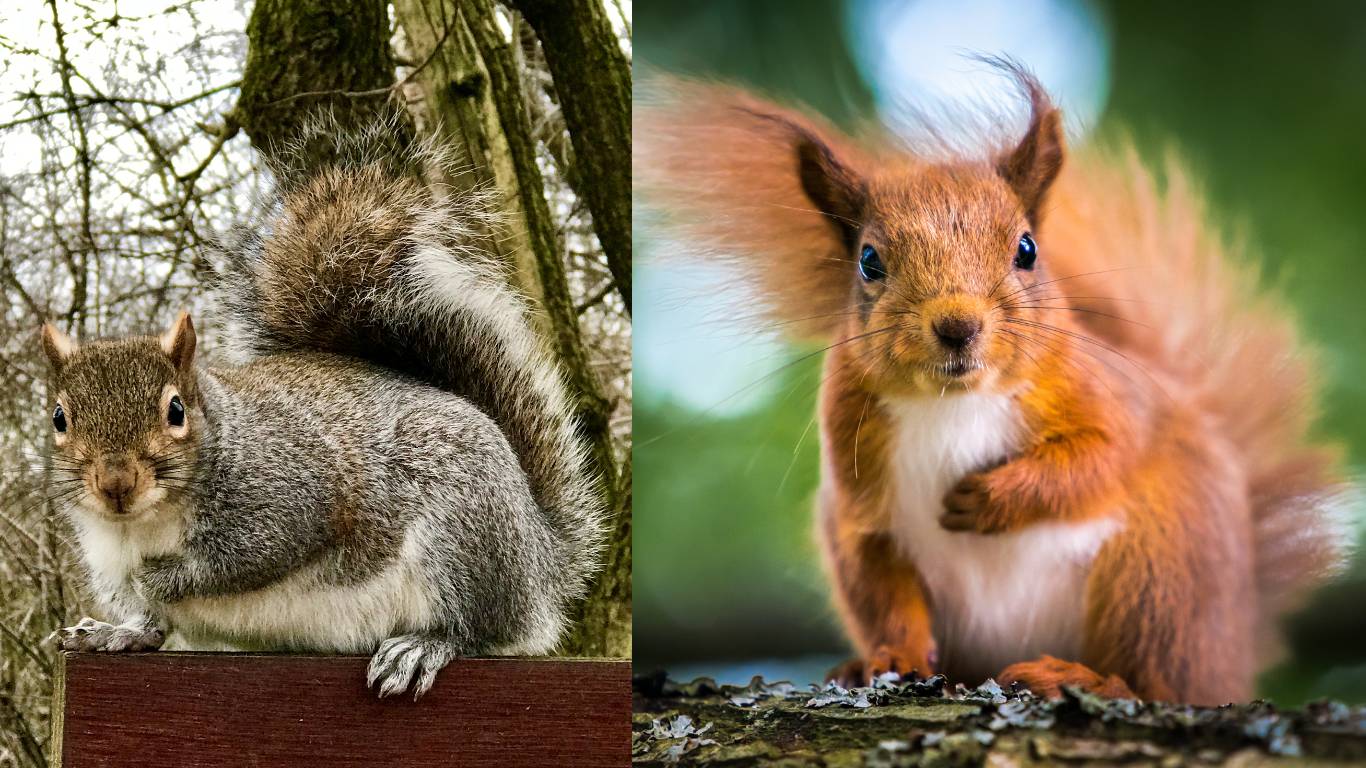UK Squirrel Accord (UKSA) and supporters are funding research being conducted by the Animal and Plant Health Agency (APHA). The aim is to develop an oral contraceptive and species-specific feeding hopper as part of the grey squirrel fertility control programme. This should provide an effective, non-lethal and less labour-intensive option for managing a widespread invasive species.
These are the four phases needed to deliver the grey squirrel fertility control for the UK:
1. Research and development
2. Landscape-scale trials
3. Testing for registration
4. Widespread availability of registered methods
Progress on development of both the oral contraceptive and feeding hopper is going well. Requirements for landscape-scale trials and the registration process are being assessed.
Oral contraceptive
Research is concentrated on transforming a successful injectable immune contraceptive into an oral format that survives the digestive processes and stimulates the immune system via the gut. So far, lab research has shown positive results for a proof of contraceptive effect from a liquid bait, which induced a strong immune response in rats.
The team is now developing the vaccine for future field use as formulations that can be put into a bait suitable for grey squirrels. Next steps will focus on refinement of the vaccine formulation to increase vaccine stability and boost overall immune response in an oral format. Following the success of these, a large reproductive trial will be conducted with captive grey squirrels.
Feeding hopper
Species specificity of a cost-effective feeding hopper design is evolving to test the use of a weighing platform to exclude all but grey squirrels. Red and grey squirrel weights were recorded in woods in Northern England in winter and summer, with greys found to be consistently heavier. Next steps are to gather weights in spring, across other regions and in areas where red squirrels were introduced or co-exist with grey squirrels as a comparison. This research will be conducted alongside engagement
of manufacturers to further develop the hopper design to exclude all but the intended target.
Patterns of bait uptake from feeding hoppers have been measured in individual grey squirrels in numerous woods. This work will combine with the laboratory work on the oral contraceptive to determine the effective dose required to induce infertility. The team will now look at bait consumption patterns of breeding versus non-breeding squirrels.
Next steps
As grey squirrels have only two breeding seasons in a year, to complete the research to proof of concept it is proposed to extend the end of the final year of research beyond January 2024 to incorporate the next summer breeding season. In September 2023 the Project Board will decide on the necessary length of the extension and the resources required to support it.
UKSA thanks everyone involved in supporting this fertility control research, which will greatly improve the protection of the red squirrels, trees and woodland ecosystems of the British Isles.
Please direct any questions to info@squirrelaccord.uk. Donations to support UKSA and the fertility


Leave A Comment